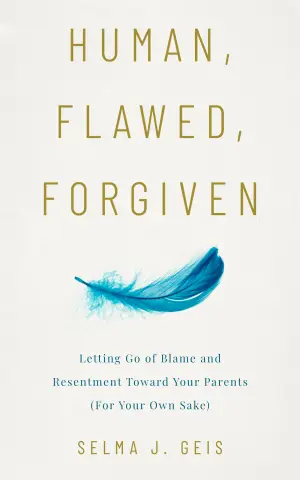We Need New Stories: A Review
When I first picked up We Need New Stories by Nesrine Malik, I was curious about the urgency encapsulated in its title. In a world teetering on the edge of both crisis and renewal, how refreshing it is to encounter a book that boldly challenges the narratives we’ve come to accept as natural. Malik’s approach to dissecting the myths that underlie societal dysfunction struck a chord within me, prompting reflections that lingered long after I closed the final page.
At its core, Malik’s work embodies a critical theory perspective, reminiscent of Robert W. Cox’s dichotomy between problem-solving and critical theory. In her eloquent prose, she tackles the intricate web spun by patriarchal and nationalistic structures that cling to power through deeply ingrained myths. These stories, Malik argues, have fooled generations into believing in notions of progress, gender equality, and even free speech. Especially compelling was her exploration of populism’s rise—a lens through which she examines events like Brexit and the election of Donald Trump. Her critiques invoke a sense of urgency, as she explores how misleading narratives can corrode the very fabric of democracy.
One of the striking aspects of Malik’s writing is her ability to illustrate complex ideas in relatable terms. I found myself captivated by her critique of Steven Pinker, whose work embodies a problem-solving mindset. Malik’s insistence that actual progress arises from the struggle of the marginalized—“the weak and disenfranchised throwing themselves into activism”—was a powerful reminder of the fractures within our society often overlooked by mainstream narratives. This perspective felt particularly resonant and timely, considering the ongoing debates surrounding inequality and justice today.
What truly resonated with me was Malik’s examination of the myth of free speech. Her arguments offer a refreshing distinction: it’s not freedom of expression that’s under attack, but rather a privilege sought by some to speak without consequence. This nuanced view asks us to reconsider what it means to have genuinely free dialogue in a diverse society. Lines must be drawn, yet Malik’s approach encourages collective discussion rather than division, which is desperately needed in today’s polarized climate.
While I found much to agree with in Malik’s arguments, I did grapple with her dismissive stance on historical context. She challenges the notion of a uniform ethics for different eras, advocating for a more fluid understanding of progress. However, I feel that historical narratives are deeply shaped by technological and economic developments, which can’t be entirely overlooked. This difference in perspective sparked a particularly engaging internal dialogue as I read.
We Need New Stories left me reevaluating the privileges I navigate daily; how my identity as a white male subtly shapes my experiences and opportunities. It made me ponder the broader implications of systemic structures that benefit some while disenfranchising others, urging me to become more aware of the narratives that govern our lives.
In conclusion, Nesrine Malik’s We Need New Stories is a thought-provoking read for anyone grappling with the complexities of the contemporary world. It encourages introspection and ignites a desire for change, appealing to activists, academics, and general readers alike. If you’re seeking a book that challenges conventional paradigms while illuminating the road ahead, then this is undoubtedly a title worth picking up. Malik’s insights not only inspired me but compelled me to engage more deeply with the narratives we often take for granted.






